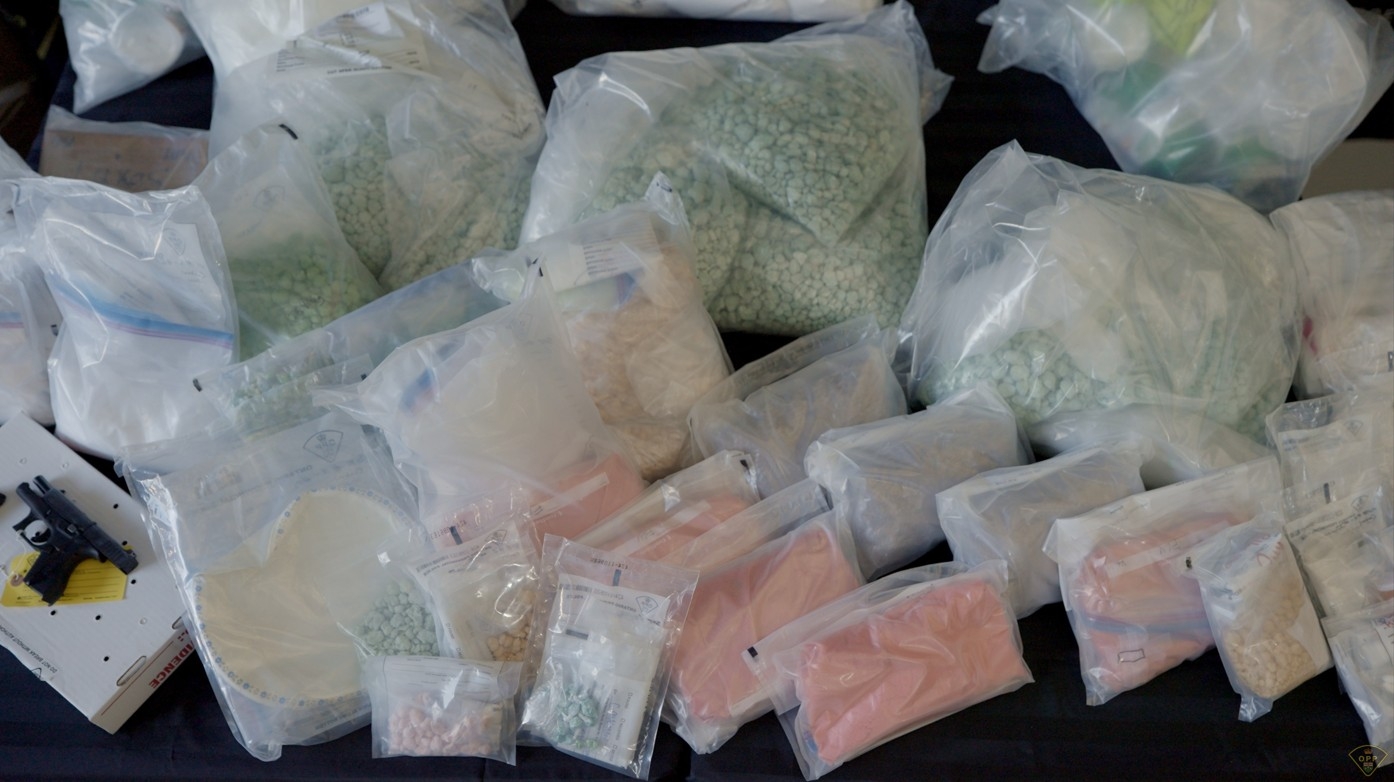A chilling pattern is emerging in the Caribbean Sea: repeated, lethal strikes by the United States against vessels suspected of drug trafficking. These aren’t carefully orchestrated interdictions, but devastating attacks unfolding in international waters, leaving dozens dead.
The scale of the operations is staggering. Reports indicate at least 76 individuals have perished in these incidents, raising profound questions about legality and the boundaries of international law. The attacks haven’t been definitively linked to proof of drug smuggling, fueling further controversy.
The United Kingdom, a long-time intelligence partner with the US, has abruptly halted the sharing of information regarding suspected drug boats. Concerns are mounting within the British government that providing such intelligence could implicate them in what they believe are unlawful actions.

A particularly disturbing incident in September resulted in the deaths of eleven people allegedly connected to the Venezuelan gang, Tren de Aragua. This group has been designated a foreign terrorist organization by the US, a justification cited for the aggressive response.
However, experts are challenging this rationale. International law specialists point out that designating a group a terrorist organization doesn’t automatically transform its members into legitimate military targets, especially outside of a declared armed conflict. The US is not currently at war with Venezuela or Tren de Aragua.
The US has remained silent regarding the cessation of intelligence sharing with the UK, maintaining its longstanding policy of not commenting on intelligence matters. This silence only deepens the unease surrounding the operations.

The shift in tactics is stark. Traditionally, the US Coast Guard and law enforcement agencies would intercept vessels, board them, and seize illegal contraband. Now, the approach appears to be far more brutal – as one US official bluntly stated, “blow them up, get rid of them.”
Adding another layer of complexity, the United States has not signed the UN Convention on the Law of the Sea. This treaty generally prohibits interference with vessels in international waters, allowing exceptions only for “hot pursuit” – chasing a vessel from a nation’s own waters – and even then, only with non-lethal force.
Independent research casts doubt on the extent of Tren de Aragua’s involvement in large-scale cocaine smuggling, suggesting the justification for such extreme measures may be overstated. The organization’s primary activities appear to be more localized in nature.
UN Human Rights Chief Volker Türk has condemned the strikes as “extrajudicial killings,” a grave accusation that underscores the severity of the situation and the urgent need for international scrutiny. The events unfolding in the Caribbean demand a thorough investigation and a clear articulation of the legal framework governing these operations.






